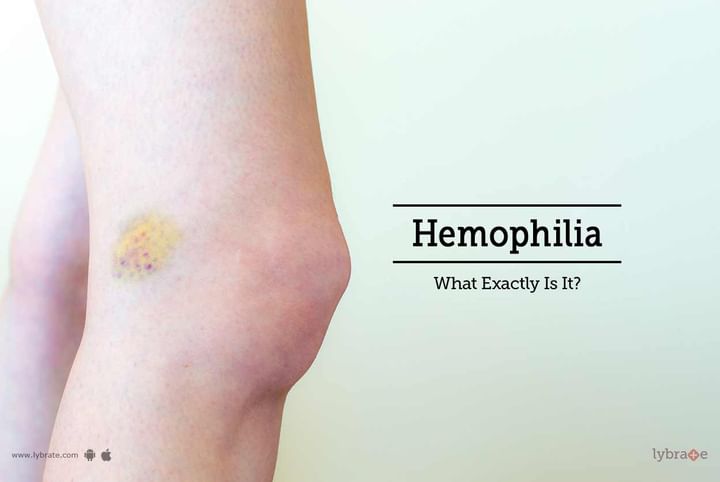Rare Disease Day - Haemophilia In Nutshell!
Rare Disease Day is an observance held on the last day of February to raise awareness for rare diseases and improve access to treatment and medical representation for individuals with rare diseases and their families.
Hemophilia is an inherited genetic disorder that impairs the body's ability to make blood clots because it lacks sufficient blood-clotting proteins (clotting factors).
Epidemiology
Hemophilia is rare, and it has only about one instance in every 10,000 births for hemophilia A and 1 in 50,000 births for hemophilia B. Hemophilia usually occur in males.
Types
There are two main types of hemophilia:
- Hemophilia A: It occurs due to unavailability of enough clotting factor VIII.
- Hemophilia B: It occurs due to unavailability of enough clotting factor IX.
Other types include:
- Hemophilia C: It occurs due to unavailability of enough clotting factor XI.
- Parahemophilia: It occurs due to unavailability of enough clotting factor V.
- Acquired hemophilia: It is associated with cancers, autoimmune disorders, and pregnancy.
Causes
When a person bleeds, the body pools blood cells together to form a clot to stop the bleeding. The clotting process is encouraged by certain clotting factors.
Acquired hemophilia is a rare variant of the condition. It occurs when a person's immune system attacks clotting factors in the blood. It can be associated with the following factors:
- Pregnancy
- Autoimmune conditions
- Cancer
- Multiple sclerosis
Signs and Symptoms
It may vary, depending on the level of clotting factors. If the clotting factor level is mildly reduced, the patient may bleed only after surgery or trauma. If the deficiency is severe, the patient may experience spontaneous bleeding symptoms which include following signs and symptoms:
- Unexplained and excessive bleeding from cuts or injuries, or after surgery, or dental work
- Unusual bleeding after vaccinations
- Blood in urine or stool
- Nosebleed
- Many large or deep bruises
- Pain, swelling, or tightness in joints
- In infants, there is presence of unexplained irritability
- Bleeding into the brain leading to painful and prolonged headache, repeated vomiting, sleepiness or lethargy, double vision, sudden weakness or clumsiness, convulsions, or seizures
Complications
• Deep internal bleeding
• Damage to joints due to internal bleeding causing arthritis or destruction of the joint
• Infection due to blood transfusions
• In few people with hemophilia, the immune system has a negative reaction to the clotting factors used to treat bleeding. The immune system develops proteins (known as inhibitors) that inactivate the clotting factors, which make the treatment less effective
Diagnosis
• Can be made with positive family history
• A blood test can show a clotting-factor deficiency in children and adults
• Some people come to know they have hemophilia after they bleed excessively during a surgical procedure
Treatment
• Replacement of the specific clotting factor that body needs
• Desmopressin (DDAVP): This hormone can stimulate your body to release more clotting factor
• Clot-preserving medications (antifibrinolytic)
• Fibrin sealants: Applied directly to wound sites to promote clotting and healing



+1.svg)
